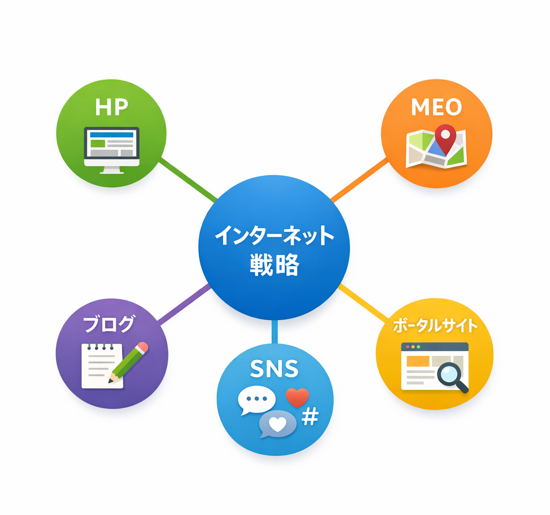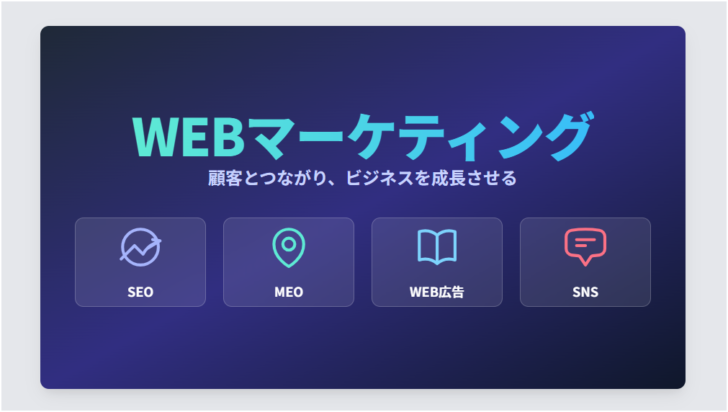
BLOG
2024年09月23日
ホーン効果:第一印象が後々の評価に与える影響
ホーン効果とは、心理学の分野で広く知られる認知バイアスの一種です。これは、ある人や物事について最初に抱いたネガティブな印象が、その後の評価や判断にまで影響を及ぼす現象を指します。
例えば、初対面の人に対して「冷たい印象」を抱いた場合、その後の言動も「冷たい」と解釈しがちになり、その人が実際には親切な行為をしたとしても、それを素直に受け止められない可能性があります。このように、ホーン効果は、私たちの認識を歪め、客観的な評価を困難にすることがあります。
ホーン効果のメカニズム
ホーン効果は、主に以下の心理的なメカニズムによって引き起こされます。
選択的注意と記憶: 人は、自分の信念や期待に合致する情報に注意を向けやすく、それを記憶に残りやすい傾向があります。初対面でネガティブな印象を抱くと、その後の情報処理もネガティブな側面に偏り、肯定的な情報は無視されたり、過小評価されたりする可能性があります。
確証バイアス: 人は、自分の信念や仮説を支持する情報を積極的に探し求め、それを強化しようとする傾向があります。初対面でネガティブな印象を抱くと、その後の言動もネガティブな側面にばかり注目し、自分の最初の印象を確証しようとする可能性があります。
ステレオタイプ: 人は、特定の集団や属性に属する人々に対して、固定観念や偏見を抱くことがあります。初対面でネガティブな印象を抱くと、その人が属する集団に対するステレオタイプを活性化させ、その後の評価にも影響を与える可能性があります。
ホーン効果が及ぼす影響
ホーン効果は、日常生活の様々な場面で影響を及ぼします。以下にいくつかの例を挙げます。
対人関係: 初対面でネガティブな印象を抱くと、その後の関係構築が難しくなることがあります。相手の良い面を見過ごしたり、コミュニケーションが円滑に進まなかったり、誤解が生じやすくなる可能性があります。
職場: 上司や同僚に対してネガティブな印象を抱くと、仕事へのモチベーションが低下したり、評価が不当に低くなったりする可能性があります。また、採用面接においても、面接官が応募者に対してネガティブな第一印象を抱くと、その後の評価に影響を与える可能性があります。
教育: 教師が生徒に対してネガティブな印象を抱くと、生徒の学習意欲が低下したり、評価が不当に低くなったりする可能性があります。また、生徒が教師に対してネガティブな印象を抱くと、授業への集中力が低下したり、学習効果が得られにくくなる可能性があります。
消費者行動: 商品やサービスに対してネガティブな第一印象を抱くと、購入意欲が低下したり、その後の利用体験にも影響を与える可能性があります。
ホーン効果への対処法
ホーン効果は、無意識のうちに私たちの判断を歪めるため、完全に避けることは難しいですが、以下の対処法を実践することで、その影響を軽減することができます。
自己認識: ホーン効果の存在を認識し、自分がネガティブな第一印象に左右されやすい傾向があることを自覚することが重要です。
客観的な情報収集: 第一印象だけで判断せず、その人や物事について、様々な角度から情報収集を行い、多角的な評価を心がけることが重要です。
オープンマインド: 先入観や偏見にとらわれず、新しい情報や経験に対してオープンな姿勢を持つことが重要です。
積極的なコミュニケーション: 相手と積極的にコミュニケーションを取り、理解を深めることで、誤解や偏見を解消する機会を増やすことが重要です。
内省: 自分の判断や評価を振り返り、ホーン効果に陥っていないか、定期的に内省することが重要です。
まとめ
ホーン効果は、私たちの日常生活に大きな影響を与える認知バイアスです。しかし、その存在を認識し、適切な対処法を実践することで、その影響を軽減し、より客観的で公正な判断を下すことができます。
ホーン効果は、自分自身だけでなく、他人に対しても影響を与える可能性があります。私たちは、他人を評価する際にも、ホーン効果に陥らないよう注意し、公正な評価を心がける必要があります。
ホーン効果への理解を深め、それを克服するための努力を続けることで、私たちはより豊かな人間関係を築き、より良い社会を創造することができます。
The Horn Effect: How First Impressions Influence Subsequent Evaluations
The Horn effect is a well-known cognitive bias in psychology. It refers to the phenomenon where a negative first impression of a person or thing influences subsequent evaluations and judgments.
For instance, if you have a "cold" first impression of someone, you tend to interpret their subsequent actions as "cold" as well. Even if they do something kind, you might not be able to accept it readily. In this way, the Horn effect can distort our perception and make objective evaluation difficult.
The Mechanism of the Horn Effect
The Horn effect is primarily caused by the following psychological mechanisms:
Selective Attention and Memory: People tend to pay attention to and remember information that aligns with their beliefs and expectations. If you have a negative first impression, subsequent information processing is also biased towards negative aspects, and positive information may be ignored or underestimated.
Confirmation Bias: People actively seek and reinforce information that supports their beliefs and hypotheses. If you have a negative first impression, you may focus only on the negative aspects of their subsequent actions, trying to confirm your initial impression.
Stereotypes: People may hold stereotypes or prejudices against people belonging to certain groups or attributes. A negative first impression can activate stereotypes associated with the group the person belongs to, influencing subsequent evaluations.
The Impact of the Horn Effect
The Horn effect affects various aspects of our daily lives. Here are some examples:
Interpersonal Relationships: A negative first impression can make it difficult to build subsequent relationships. You might overlook their good qualities, have trouble communicating smoothly, or be prone to misunderstandings.
Workplace: A negative impression of your boss or colleagues can decrease your work motivation or lead to unfairly low evaluations. In job interviews, if the interviewer has a negative first impression of the applicant, it can influence their subsequent evaluation.
Education: If a teacher has a negative impression of a student, it can decrease the student's motivation or lead to unfairly low grades. Similarly, if a student has a negative impression of a teacher, it can affect their concentration in class and hinder their learning.
Consumer Behavior: A negative first impression of a product or service can decrease your willingness to buy it and influence your subsequent user experience.
Coping with the Horn Effect
It is difficult to completely avoid the Horn effect as it unconsciously distorts our judgment, but you can mitigate its influence by practicing the following:
Self-awareness: Recognize the existence of the Horn effect and be aware of your tendency to be influenced by negative first impressions.
Objective Information Gathering: Don't judge based solely on first impressions; gather information about the person or thing from various angles and strive for a multifaceted evaluation.
Open-mindedness: Maintain an open attitude towards new information and experiences, free from preconceptions and prejudices.
Active Communication: Actively communicate with the other person to deepen understanding and increase opportunities to resolve misunderstandings and prejudices.
Introspection: Regularly reflect on your judgments and evaluations to see if you are falling into the Horn effect.
Conclusion
The Horn effect is a cognitive bias that significantly impacts our daily lives. However, by recognizing its existence and practicing appropriate coping mechanisms, we can mitigate its influence and make more objective and fair judgments.
The Horn effect can affect not only ourselves but also others. When evaluating others, we need to be careful not to fall into the Horn effect and strive for fair evaluations.
By deepening our understanding of the Horn effect and continuing our efforts to overcome it, we can build richer relationships and create a better society.





















